One thing I have found to be the key to my success as an in-demand local musician (which has also spawned popularity for performing abroad, as well) is my ability to change my sound depending on the gig. This is a touchy subject for many, and in most cases I find them to be guitar players, but it’s something worth noting for bass players as well because it truly makes you a versatile player. I tell people day in and day out that if they want to get work they need to be versatile, or that they need to understand as many styles of music that they can in order to have the most opportunities for gigs. And though part of this means understanding the MUSICAL aspects of any genre, it also implies understanding the aural characteristics of it as well.
I first learned this concept from a high-profile country gig I was doing back in 2006. I recall walking down the hallways of the most incredible recording studio I’ve ever been in, scavenging each room with the lead guitar player in search of a bass amp to use for the session. We came upon an old ’60’s Ampeg B-15N and he suggested I use that amp. Though I had heard many great stories about this legendary amplifier I wasn’t too thrilled to use it.
“It’s just a 15″ speaker, there’s gonna be no top end definition to it.”
The guitar player looked at me and smiled as if he was teaching a child how to tie his shoes and said, “That’s ok man, you’re only playing country.” He then proceeded to plug it in, turn the treble ALL THE WAY down, struck a few notes and said, “There, it’s perfect!”
I learned on that day a very important lesson; your sound may not always fit the situation, so learn to manipulate it into other ones. At that period in time MY sound was hi-fi with Active EQ, smiley-face curves and solid-state amps with tons of top end so that my solos would be heard. And my go-to sound hasn’t changed too much since this time, either. I find that I really like the sound of a bass with a deep bottom and clarity in the low-mids. That’s just my voice.
And though I still consider that to be my personal sound, nowadays I mostly play a passive bass and as many tubes as you can get in the signal chain, with dipped down bass and punchy mds. What happened?
I’ve always joked that I was born in the wrong era with the wrong skin color, but why is it that my heart and soul is in funk, gospel, and jazz yet 99% of the gigs I get are country and rock? It’s simple: I noticed that the gigs I wanted were hiring people for how they sounded, as well as how they played. If I only played well but my sound wasn’t right for the gig, they were going to hire someone else. And it’s true; I was trying to blend hi-fi thunderfunk with modern country! It wasn’t going to happen. But when I started to walk and talk like these other bass players (who were getting more work than me at the time), I started to get more work too. I learned that your tone is as important to the music as your note choices are, or your sense of timing and feel, or your understanding of the song.
Now, as I said before this is a touchy subject for some, because your tone is often felt as your personal voice, and for someone to ask you to change it is like someone telling you to dress better, talk better, or look better. It can be viewed as an offense, and I understand that. But what you’ve got to understand is that just because you change your tone it doesn’t mean that you won’t sound like YOU anymore. Imagine that I was and actor and needed to speak with a British accent all of a sudden – wouldn’t it still be me? I’d still use the same words, probably in the same order, and I’d definitely still think the same – it’s still my voice! It only sounds different to you, and perhaps it’s more appropriate for the character I’m playing…
Changing your tone won’t change your musicality, but will open up new doors for you and prevent you from becoming “type-casted,” which could be a good thing or a bad thing. All I can say is that once I started adapting my tone for the gig rather than trying to make the gig work around my tone, I started getting more work than I could take. If you haven’t yet, I recommend you give it a try. You might like the results as much as I do 🙂

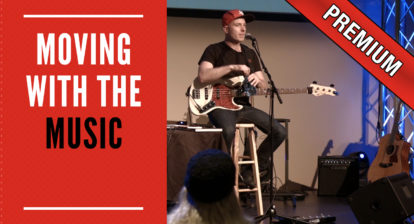

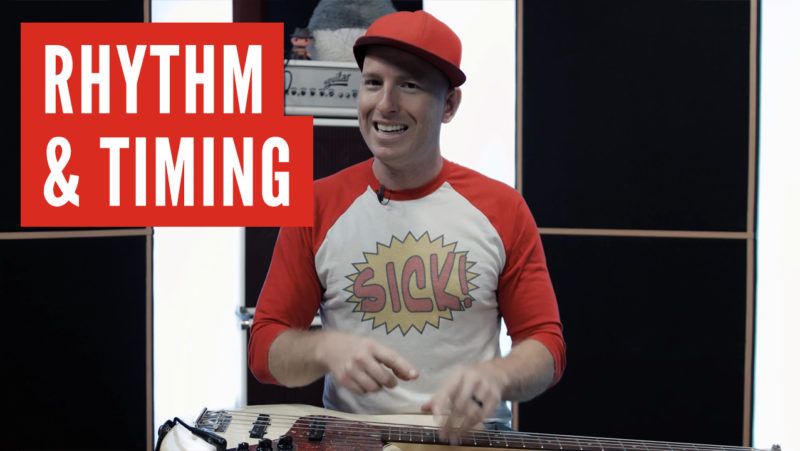
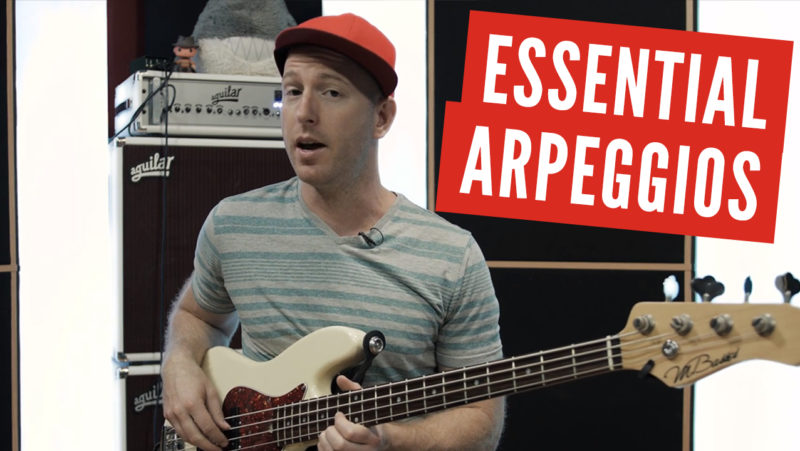
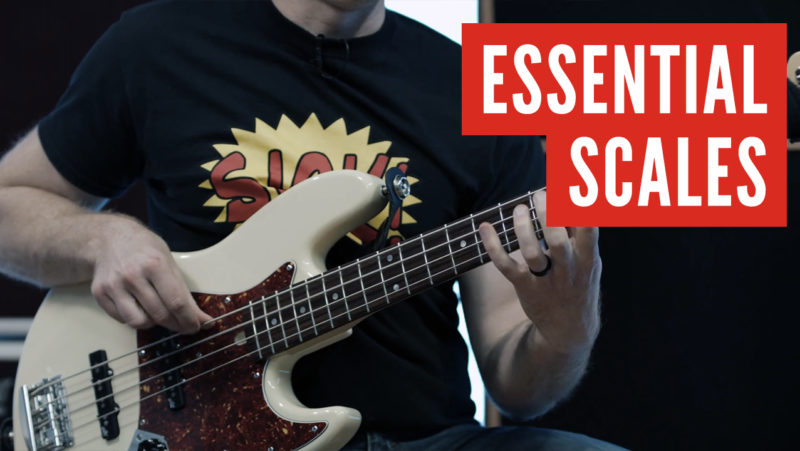
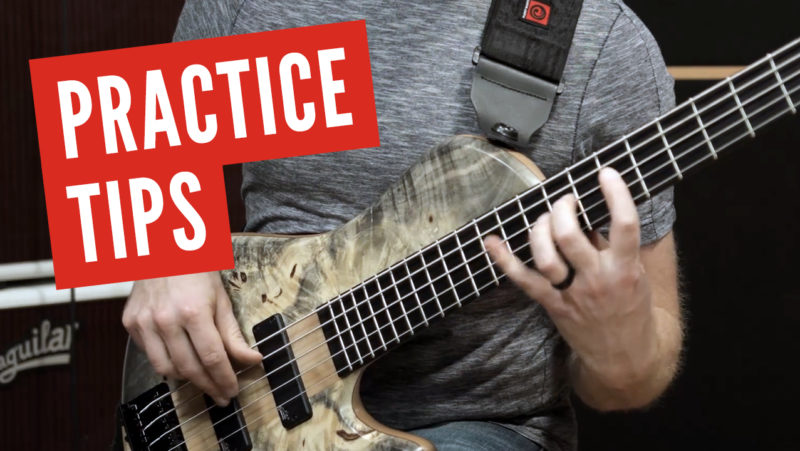
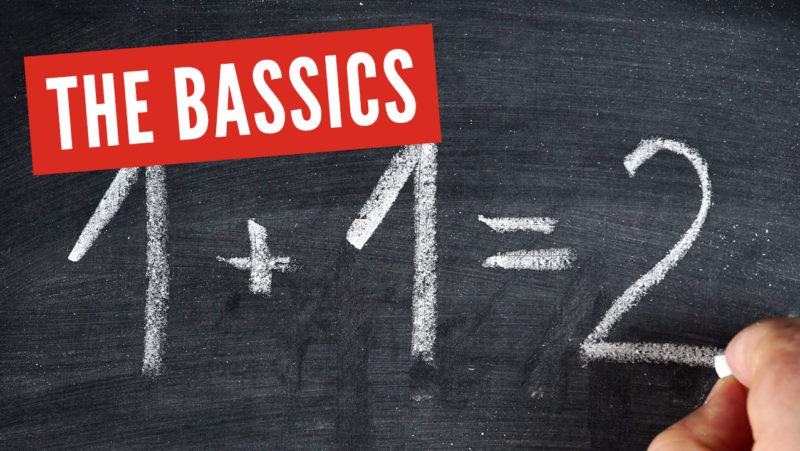
Jim Andrews
Yes you are right / in your band it is all you and the other band members to form the band sound lthe band likes . like you have on your, I don’t know what to call it used to be records then CDs Internet music I don’t know what to call it. Maybe just downloaded music. I have listened to your album when will there be now About hundred and 50 times . Thank you for your unique sound.